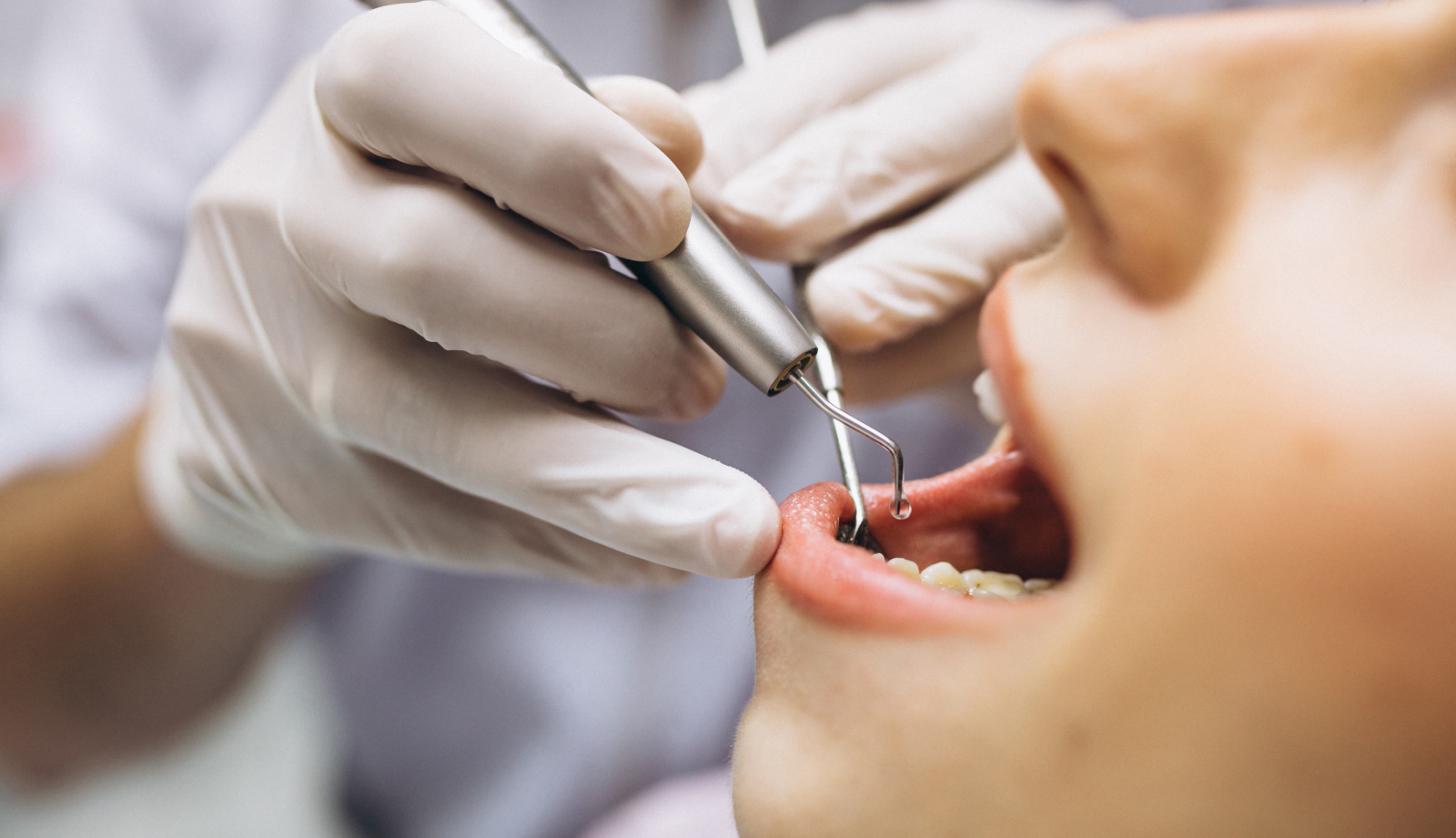
Bruxism: The Silent Smile Killer – Protect Your Teeth Before It’s Too Late!
Have you ever woken up with a sore jaw or a persistent headache? Do your teeth feel unusually sensitive, or have you noticed unusual wear and tear on them? If so, you might be suffering from bruxism—a condition characterized by the grinding or clenching of teeth, often unconsciously, especially during sleep.
Bruxism is more than just an annoying habit; it can have serious long-term consequences for your oral health. This condition affects millions of people worldwide, yet many remain unaware that they have it until significant damage has occurred. In this blog, we will explore what bruxism is, its causes, symptoms, effects, and most importantly, how to manage and prevent it.
What is Bruxism?Bruxism is a condition in which a person grinds, clenches, or gnashes their teeth. It can occur during the day (awake bruxism) or at night while sleeping (sleep bruxism). While occasional teeth grinding may not be harmful, frequent and prolonged bruxism can lead to dental complications and other health issues.
Causes of BruxismUnderstanding the causes of bruxism is key to managing and preventing it. While the exact cause varies from person to person, several common factors contribute to teeth grinding:
-
1. Stress and Anxiety: Emotional stress, anxiety, and tension are among the primary triggers of bruxism. People often clench their teeth as a way to cope with psychological stress.
-
2. Sleep Disorders: Sleep bruxism is frequently associated with other sleep disorders such as sleep apnea, snoring, and insomnia.
-
3. Malocclusion (Misaligned Teeth): An improper bite or misaligned teeth can create an uneven distribution of pressure, leading to grinding and clenching.
-
4. Lifestyle Habits: Excessive caffeine or alcohol intake, smoking, and drug use can increase the likelihood of bruxism.
-
5. Medications and Health Conditions: Some antidepressants and psychiatric medications may cause bruxism as a side effect. Additionally, conditions such as Parkinson’s disease can be linked to teeth grinding.
-
6. Age and Genetics: Bruxism is more common in children, although many outgrow it. Genetic factors may also play a role in predisposing someone to this condition.
Many individuals with bruxism are unaware that they grind their teeth until a dentist or sleeping partner notices the signs. Some of the most common symptoms include:
-
Teeth grinding or clenching, often loud enough to wake a partner
-
Worn-down, flattened, or chipped teeth
-
Increased tooth sensitivity
-
Jaw pain, stiffness, or soreness
-
Frequent headaches, particularly in the temples
-
Ear pain or discomfort (without an ear infection)
-
Facial muscle fatigue
-
Disruptions in sleep patterns
Bruxism, if left untreated, can cause serious dental and overall health issues, including:
-
1. Tooth Damage: Grinding and clenching can wear down the enamel, leading to fractures, chips, and even tooth loss.
-
2. Gum Recession: Excessive pressure from grinding can contribute to gum recession, which increases the risk of cavities and periodontal disease.
-
3. TMJ Disorders (Temporomandibular Joint Dysfunction): Bruxism can place excessive strain on the jaw joint, leading to temporomandibular joint (TMJ) disorders, causing pain and difficulty in jaw movement.
-
4. Sleep Disruptions: Those who grind their teeth during sleep may experience disturbed sleep patterns, leading to fatigue and decreased overall well-being.
-
5. Facial Changes: Chronic bruxism can lead to hypertrophy (enlargement) of the jaw muscles, altering facial structure and appearance over time.
Fortunately, several strategies can help manage and prevent bruxism. The approach depends on the underlying cause and the severity of the condition.
-
1. Reduce Stress and Anxiety: Since stress is a major trigger, practicing relaxation techniques can be beneficial. Some effective methods include:
-
Meditation and deep breathing exercises
-
Yoga and physical activity
-
Cognitive-behavioral therapy (CBT) for anxiety management
-
-
2. Wear a Night Guard or Splint: A custom-fitted night guard or dental splint can provide a protective barrier between your teeth, preventing further damage and reducing pressure on the jaw.
-
3. Improve Sleep Hygiene: Since bruxism is often linked to sleep disorders, ensuring good sleep hygiene can be helpful:
-
Maintain a consistent sleep schedule
-
Avoid caffeine, alcohol, and screen exposure before bedtime
-
Practice relaxation techniques before sleeping
-
-
4. Correct Bite Issues: If misaligned teeth are contributing to bruxism, orthodontic treatments such as braces or dental adjustments may be necessary to correct the bite.
-
5. Avoid Stimulants: Cutting back on caffeine, alcohol, and smoking can reduce teeth grinding episodes, especially before bedtime.
-
6. Physical Therapy and Jaw Exercises: Simple jaw exercises can help strengthen and relax the jaw muscles, reducing the intensity of clenching and grinding.
-
7. Medical and Dental Interventions: For severe cases, additional treatments may include:
-
Botox injections to relax jaw muscles
-
Medication adjustments if certain drugs are contributing to bruxism
-
Behavioral therapy to address unconscious clenching habits
-
If you suspect you have bruxism, it’s essential to see a dentist for an evaluation. Early detection can prevent serious damage and discomfort. Your dentist may recommend:
-
A thorough dental examination to assess enamel wear
-
A custom night guard to protect your teeth
-
Further diagnostic tests to identify underlying sleep disorders
Bruxism is a prevalent but often overlooked condition that can lead to significant dental and health issues if left untreated. By understanding its causes, symptoms, and treatments, you can take proactive steps to protect your smile and overall well-being. If you experience symptoms of bruxism, consult a dentist to find a suitable treatment plan and prevent further complications.
Your smile is unique, and achieving harmony between your teeth, gums, and lips can make all the difference. With the right care, you can smile freely and confidently, embracing the best version of yourself!
